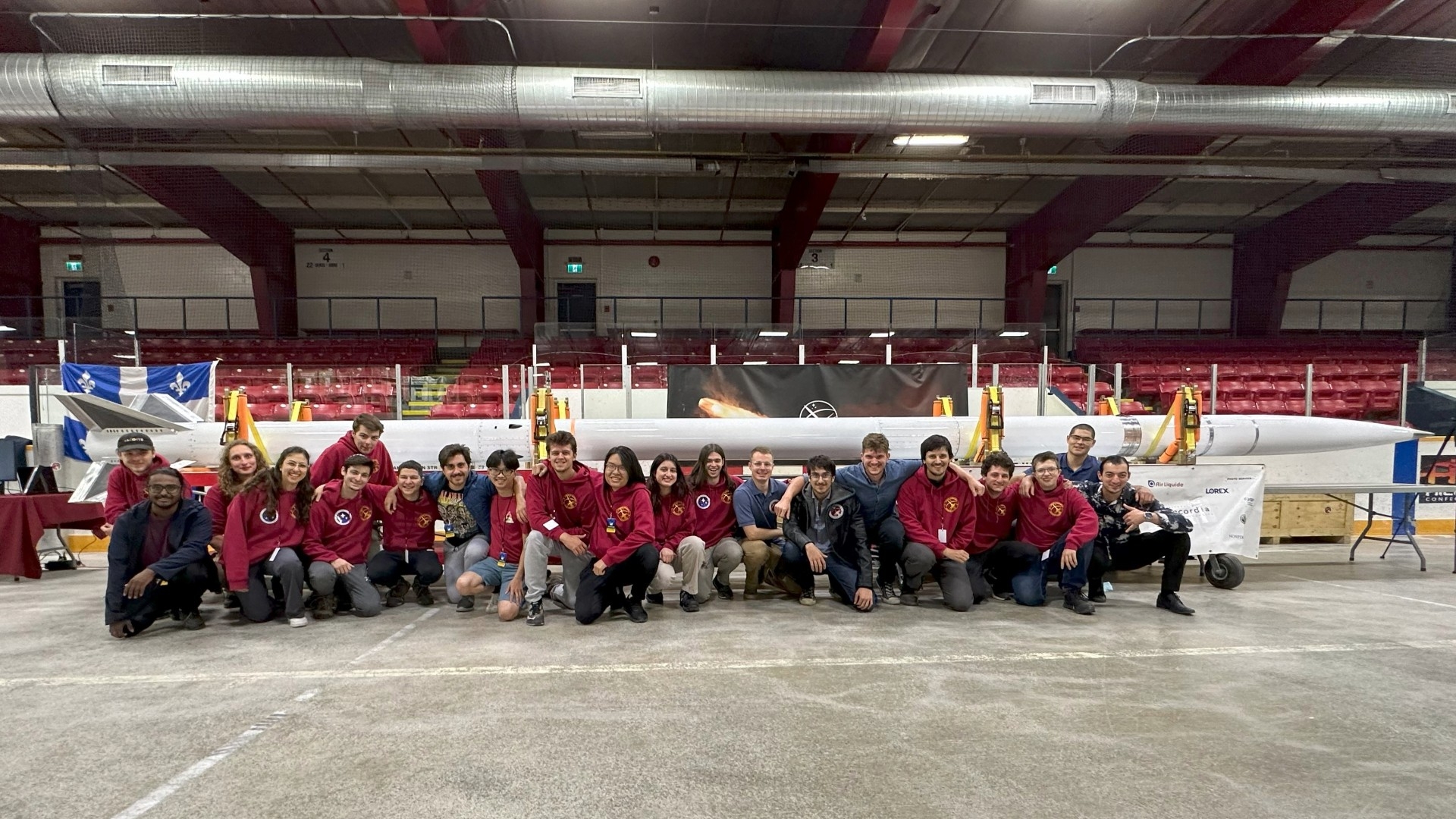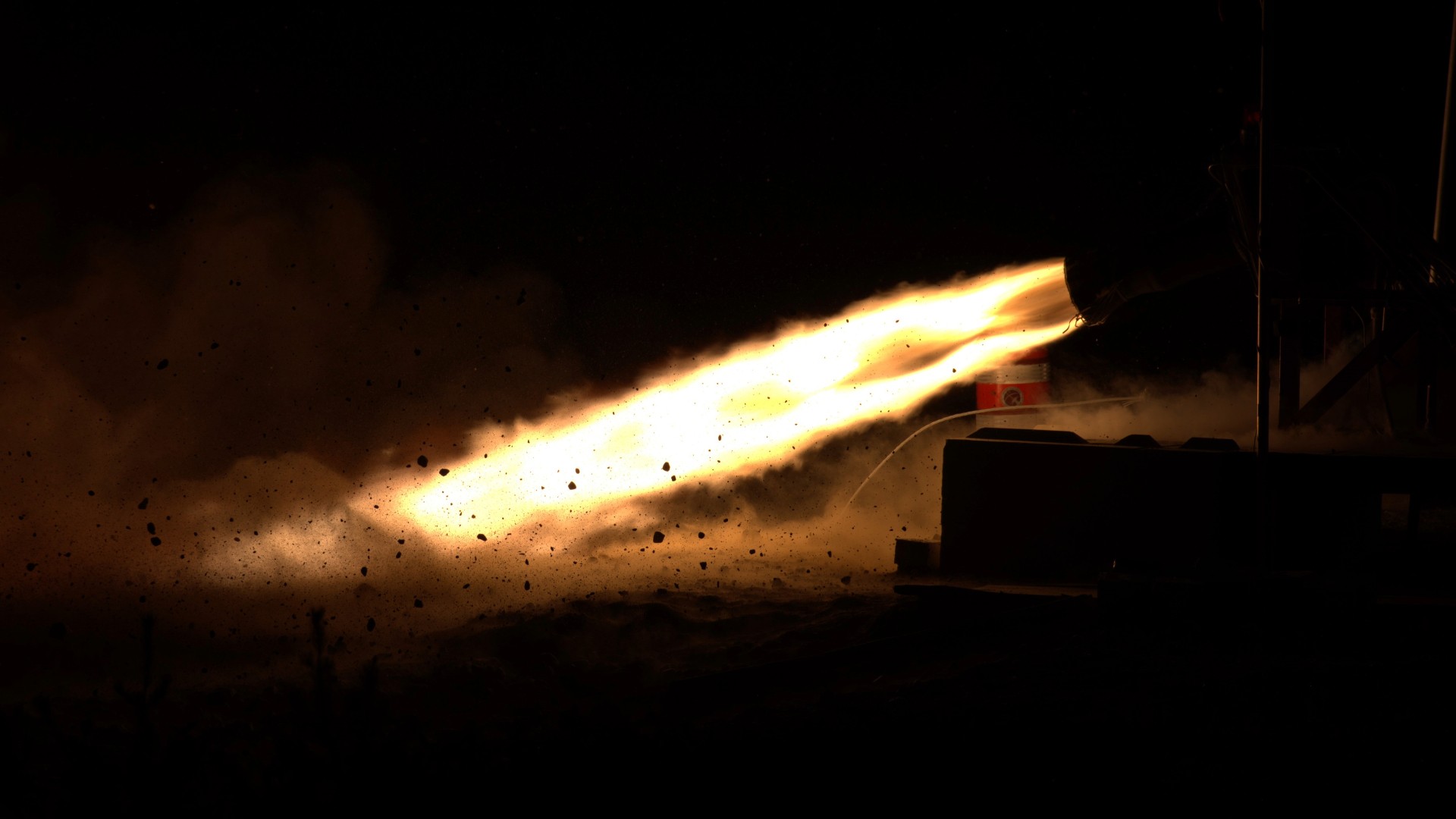Space Concordia wins technical demonstration category of Launch Canada Competition
 Photo provided by Space Concordia
Photo provided by Space Concordia
The Space Concordia (SC) Rocketry Division took home first place in the technical demonstration category for their record-breaking rocket engine test stand, Trailer Tom, on September 1, 2023, in Timmins, Ontario.
As part of the Launch Canada competition, the Rocketry team successfully demonstrated the testing of a liquid fuel rocket engine, along with showcasing their highly complex engine test stand. The team was judged based on several criteria, such as operational performance, safety, technical feasibility, documentation quality, and on multiple technical reports, submitted in the year leading up to the competition.
The Launch Canada competition is a Canadian amateur rocketry contest hosted annually in Northern Ontario. Canadian student rocket teams have the opportunity to compete in launching amateur rockets. The SC Rocketry team participated in the event with their liquid fuel rocket engine test stand, Trailer Tom, designed to test fire the largest rocket engine ever built and tested by a university team. They have been working on the project for over 4 years.
 Space Concordia Rocketry Division's testing of their liquid fuel rocket engine
Space Concordia Rocketry Division's testing of their liquid fuel rocket engine
The engine test stand Trailer Tom was used to perform a double static fire of the Stewart liquid fuel rocket engine, the largest of its kind for a student team. The data collected in this test will enable the team to more accurately model the expected flight of the Starsailor rocket, a crucial step towards launch. Some of this data will also be used for obtaining launch clearance from Transport Canada, who controls all experimental vehicle testing.
The Starsailor rocket project was started as part of the Base 11 Challenge, a student space race with a million-dollar prize for the student team who could launch a liquid fuel rocket past the Karman Line (100 km altitude). When the challenge was cancelled in 2020 due to the global pandemic, the team decided to push forward with project, with the goal of reaching space before any other team. To this day, the team is hard at work leading the student race to space.